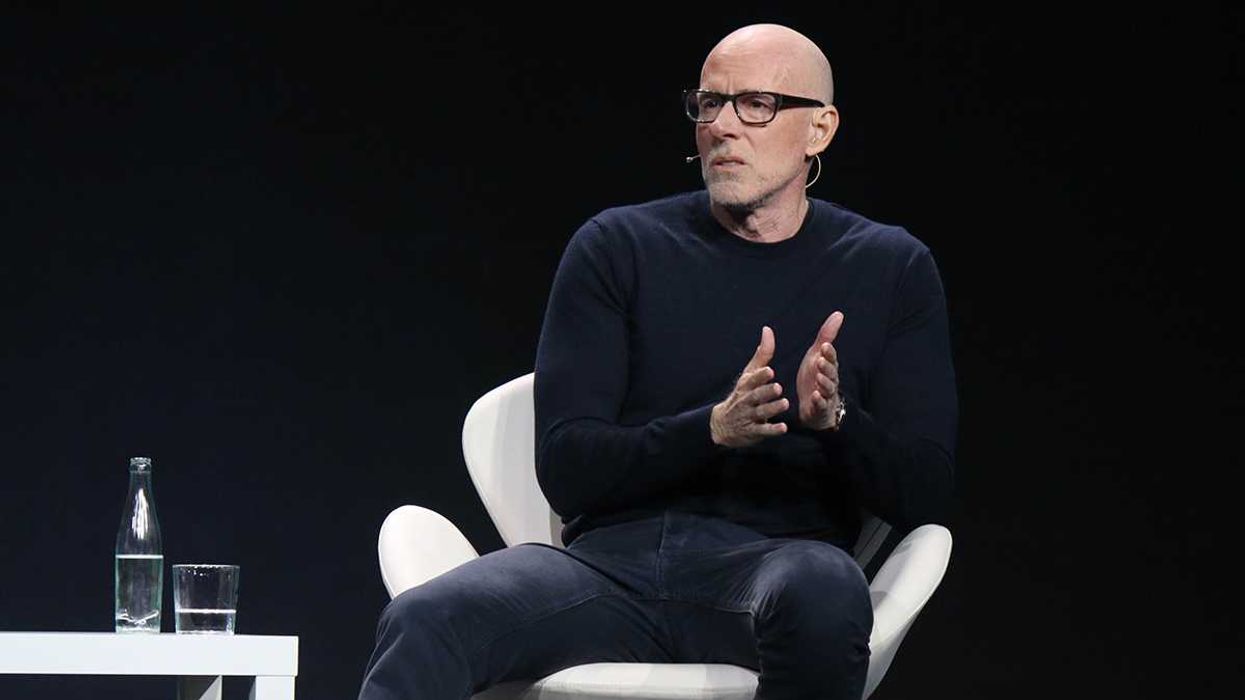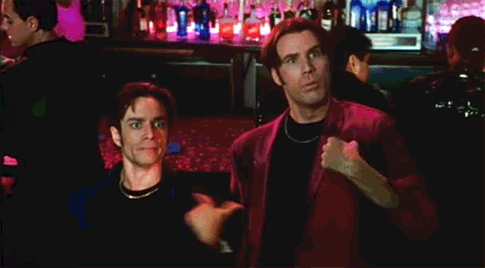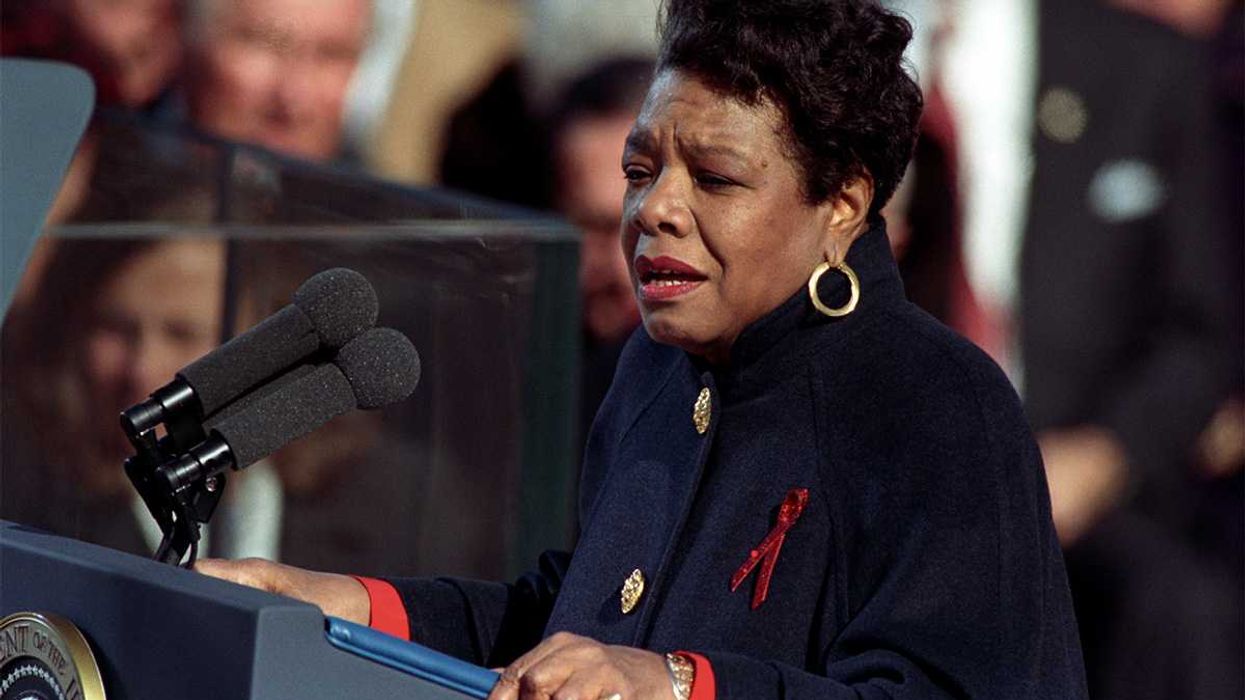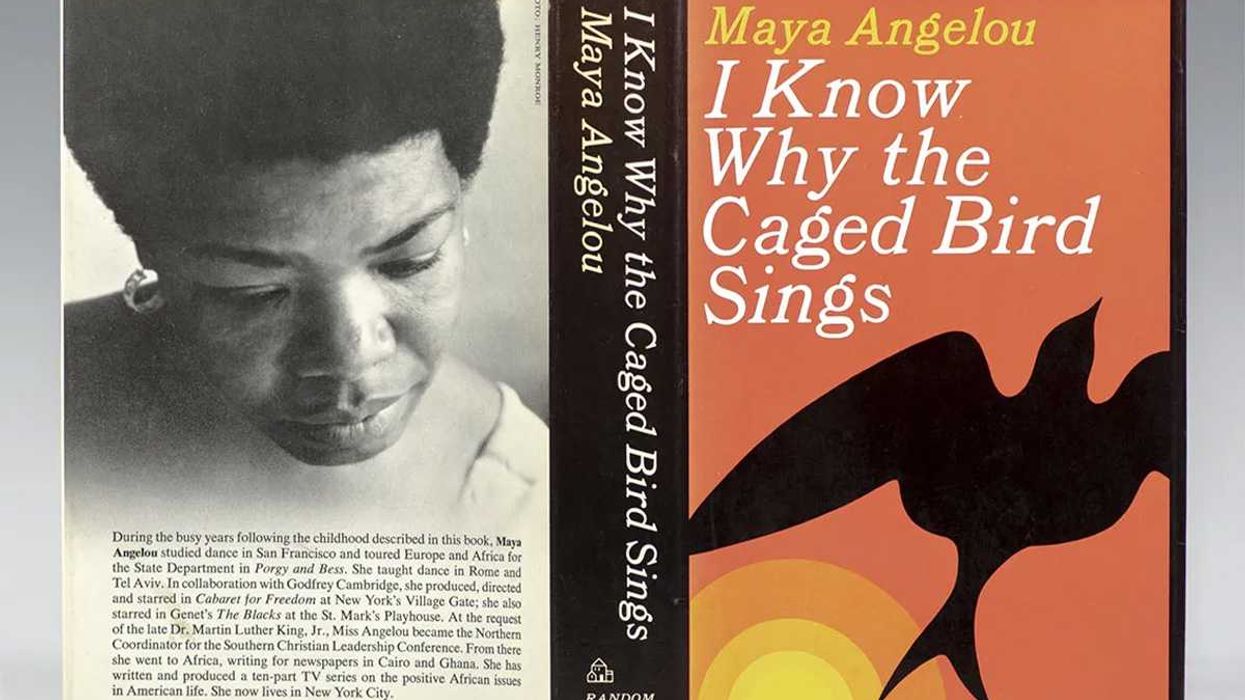"There is no evidence that anyone is going to leave this country because of a two-cent wealth tax."
That's the two cents Sen. Elizabeth Warren shared on Thursday in response to CNBC host Sara Eisen's fear-mongering about the alleged consequences of requiring the super-rich to pay their fair share in taxes.
After Eisen asserted that a wealth tax "might... chase wealthy people out of this country as we've seen has happened with...other wealth taxes," the Democratic senator from Massachusetts asked: "Can we just keep in mind, right now, in America, who's paying taxes?"
"You know the bottom 99% last year paid about 7.5% of their total wealth in taxes," said Warren. "The top 0.001%, you know how much they paid? They paid about 3.2%."
"If they added a two-cent wealth tax," Warren noted, "they'd still be paying less than most of the people in this entire nation... Someone has to pay to keep this nation going. And right now, what the 0.001%, the wealthiest people in this country, have said is: 'Let's let everyone else pay for it.'"
The reason for that, Warren explained, is because the mega-rich want to continue to increase their wealth as much and as quickly as possible.
"Can we have just a little fairness here?" the senator pleaded.
After Eisen chimed in to say she was simply playing devil's advocate, Warren retorted: "How about a counter-argument... that's based on fact?"
The fact is, Warren said, "The wealthiest in this country are paying less in taxes than everyone else."
"You're telling me that they would forfeit their American citizenship if they had to... step up and pay a little more?" the senator asked. "I'm just calling your bluff on that. That's not going to happen."
Elizabeth Warren ether treatment, redux pic.twitter.com/n1Ehx5c8iP
— Karin Sung (@KarinSung_) January 29, 2021
Warren's defense of a wealth tax comes as the ongoing GameStop saga has provoked renewed scrutiny of Wall Street's role in intensifying inequality, leading to calls for greater financial regulation and redistributive policies such as a financial transactions tax.
In her appearance on CNBC, Warren pointed out the stark disconnect between the stock market and the real economy. The apparent rigging of the rules to favor hedge funds over ordinary people has been exposed not only by trading app Robinhood's heavy-handed and widely-condemned crackdown on Redditors who tried to out-maneuver the masters of casino capitalism, but also by the fact that 660 billionaires have added $1.1 trillion to their collective wealth since mid-March 2020, in the midst of immense working-class suffering.
While millions of U.S. households have been devastated by the Covid-19 pandemic and ensuing economic meltdown, "the stock market, which has become the giant casino and the playground for the billionaires, just keeps spinning upward," said Warren.
The stock market isn't our economy – it's a giant casino and playground for billionaires. The SEC needs to clean it up – and Congress needs to do more for working families barely hanging on by their fingernails. pic.twitter.com/3dR7CaktNr
— Elizabeth Warren (@SenWarren) January 29, 2021
Echoing Sen. Bernie Sanders (I-Vt.), who on Thursday lambasted a billionaire investor for complaining about the prospect of the uber-wealthy having to pay their fair share in taxes while millions go hungry, Warren commented on the "K-shaped" nature of the anemic recovery.
"The people at the top are getting richer and richer and richer," Warren said. "And people who make less than $40,000 a year are now suffering through 20% unemployment. They're getting poorer and poorer and poorer."
Chastising Republicans for their refusal to deploy adequate funding for vaccine distribution, nutrition assistance, and the safe re-opening of child care centers and schools, Warren added that the coronavirus crisis could accelerate wealth inequality "at a rate that we had never even imagined in our worst nightmares."
Warren continued: "Tens of millions of people across this country are out of work. Tens of millions more are on the threshold of losing either their homes or their apartments. Tens of millions more have depleted their savings and don't have enough money to put food on the table."
"That is a core part of the American economy," Warren added, "and that's where Congress needs to respond and we need to respond quickly and forcefully."
This story originally appeared on Common Dreams. You can read it here.
















 Self reflection.Photo credit
Self reflection.Photo credit  Older woman touching hands with a younger self.Photo credit
Older woman touching hands with a younger self.Photo credit  Sign reads, "Regrets Behind You."Photo credit
Sign reads, "Regrets Behind You."Photo credit 
 Couple talking in the woods.
Couple talking in the woods. Woman and man have a conversation.
Woman and man have a conversation. A chat on the couch.
A chat on the couch. Two people high-five working out.
Two people high-five working out. Movie scene from Night at the Roxbury.
Movie scene from Night at the Roxbury.  Friends laughing together.
Friends laughing together.
 Maya Angelou reciting her poem "On the Pulse of Morning" at President Bill Clinton's inauguration in 1993.William J. Clinton Presidential Library/
Maya Angelou reciting her poem "On the Pulse of Morning" at President Bill Clinton's inauguration in 1993.William J. Clinton Presidential Library/  First edition front and back covers and spine of "I Know Why the Caged Bird Sings."Raptis Rare Books/
First edition front and back covers and spine of "I Know Why the Caged Bird Sings."Raptis Rare Books/ 
 Tow truck towing a car in its bedCanva
Tow truck towing a car in its bedCanva  Sad woman looks at her phoneCanva
Sad woman looks at her phoneCanva  A group of young people at a house partyCanva
A group of young people at a house partyCanva  Fed-up woman gif
Fed-up woman gif Police show up at a house party
Police show up at a house party 
 A trendy restaurant in the middle of the dayCanva
A trendy restaurant in the middle of the dayCanva A reserved table at a restaurantCanva
A reserved table at a restaurantCanva Gif of Tim Robinson asking "What?' via
Gif of Tim Robinson asking "What?' via 

 An octopus floating in the oceanCanva
An octopus floating in the oceanCanva